-

The FBI spent $650k on its anti-spying short film “Game of Pawns”
Earlier this year, the FBI released “Game of Pawns” a short film dramatizing the Glenn Duffie Shriver espionage case. The film’s awkward dialogue and low production value drew some jeers, pointing out that their “downtown Shanghai” was clearly filmed outside the DC Chinatown Metro stop. Despite its cheap feel, the project still cost the agency at least $650,000 - almost ten times the amount Shriver was paid by the Chinese government.
-
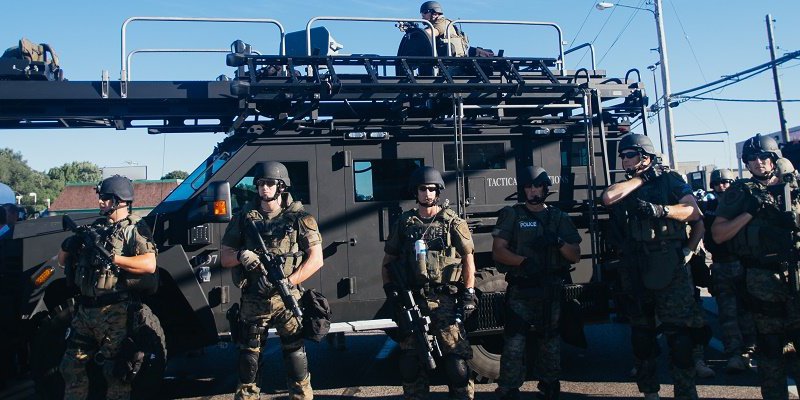
All of our completed requests related to the Ferguson unrest
Three years ago today, Mike Brown was shot in Ferguson, Missouri, sparking weeks of protests which have made the debate on policing a fixture of the national dialogue ever since. We’ve compiled a list of all the requests our users filed regarding the unrest, and have highlighted some notable documents we’ve received.
-

The First Amendment Foundation’s transparency scorecard keeps the sunshine state shining
A couple weeks back, we took our 50 States of FOIA look at Florida, and how they enjoy some of the strongest transparency laws in the country. But you need more than just strong laws to offer truly open government - you need organizations like the First Amendment Foundation that ensure agencies aren’t just offering convenient transparency, but true access.
-
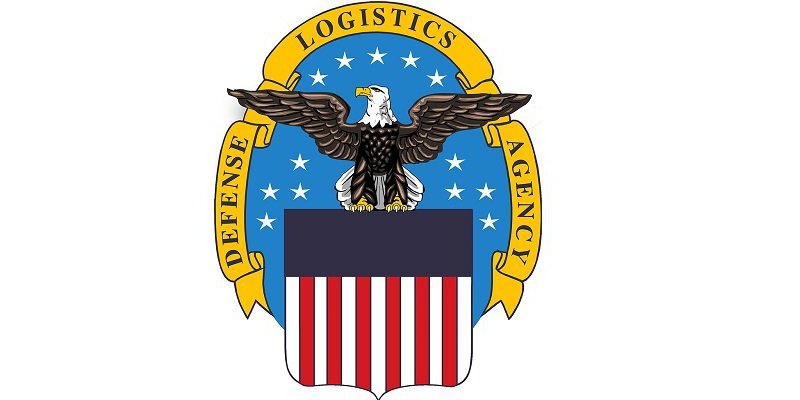
The Defense Logistics Agency feels that releasing police military equipment transfer data is a safety risk. A majority of states disagree.
Only a handful of states outright refused to provide spreadsheets on assault rifles, armored vehicles, and other decommissioned military equipment transferred to police by the Pentagon. But the Defense Logistics Agency vaguely claims that releasing the same data would be dangerous.
-

Massachusetts State Police want almost $600 for release of 1033 data
As we mentioned last week, Massachusetts was one of just thirteen states to refuse to release data on military equipment transfers to local police. While we’re still in the process of appealing their refusal to release their inventory forms, the Massachusetts State Police have changed their tactic for similar requests related to the 1033 program, and are now asking for almost $600 for their release.
-
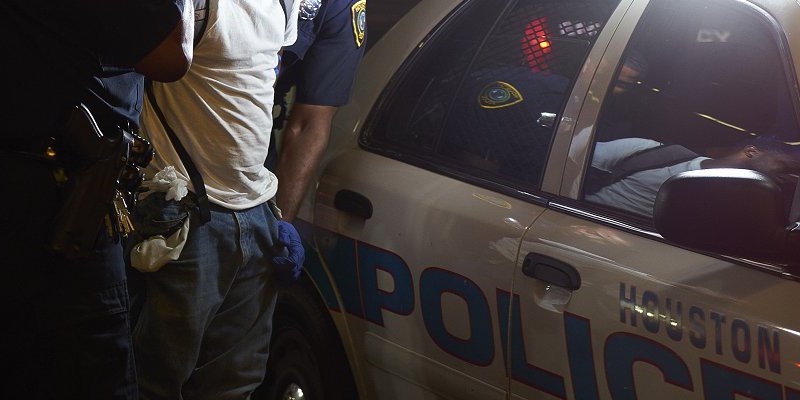
In Texas, civil forfeiture laws are lax and seizures rake in millions
Earlier this week, Todd Feathers introduced us to Equitable Sharing, and how police work with the DOJ to get around some state’s restrictions on civil forfeiture funds. But what about states where those restrictions aren’t so strict? Houston PD provided a detailed look at police property seizures in Texas, and it isn’t pretty.
-
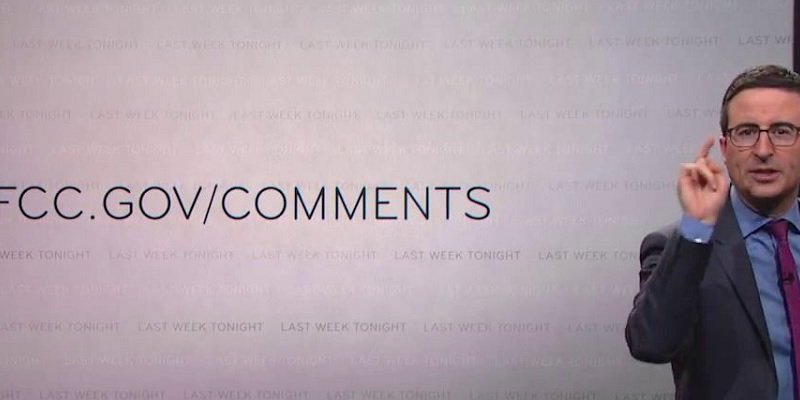
“I with John Oliver” FCC’s net neutrality comments document host’s ‘Spartacus’ moment
On the heels of Obama’s statement in support of net neutrality, in which he proposed that broadband would be reclassified as a common carrier under Title II of the Telecommunications Act, MuckRock gives you some of the best complaints to the FCC in the name of a free and open internet.
-
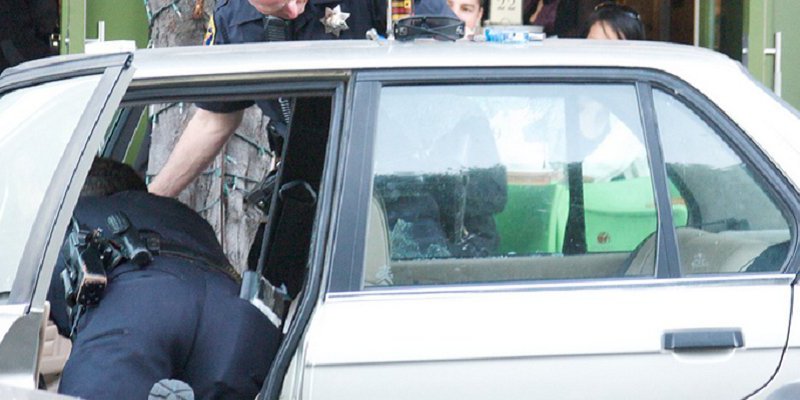
Most states have strict laws concerning seized funds – here’s how police and the feds work together to get around them
The Department of Justice makes billions of dollars each year through deals with state and local police forces that can act as loopholes in more stringent state laws governing how much money police get to keep when they take a person’s property without pressing charges.
-

Coast Guard lawyer fights release of Watchlist documents on grounds that people will read them
Under FOIA, there are three categories of requesters: media, which has the lowest level of fees; all others, which are assessed a moderate levels of fees for covering search and duplication costs; and commercial, which has high fees to cover legal review. A Coast Guard lawyer has ruled that, because MuckRock has readers, it’s commercial, not media.
-
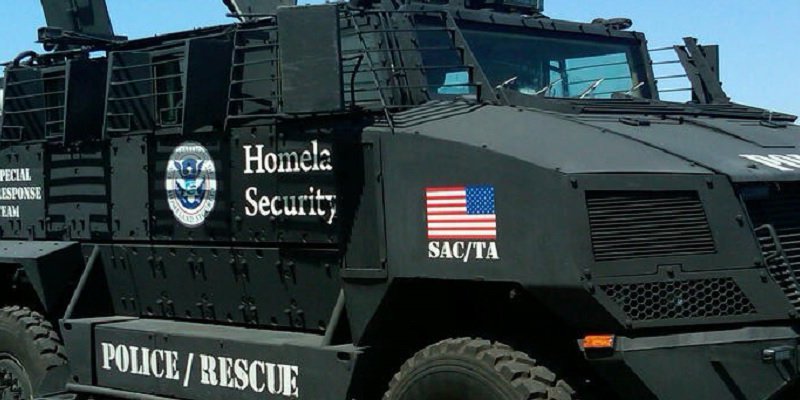
Only thirteen states refuse to release data on Pentagon equipment transfers to police
The majority of states — 37 to date — have released spreadsheets indicating which police departments received weapons, armored vehicles and other military equipment via the Pentagon’s 1033 program. But six states rejected MuckRock’s request outright, plus another six say they don’t them … and then Louisiana wants $5,000 to print them out.
-
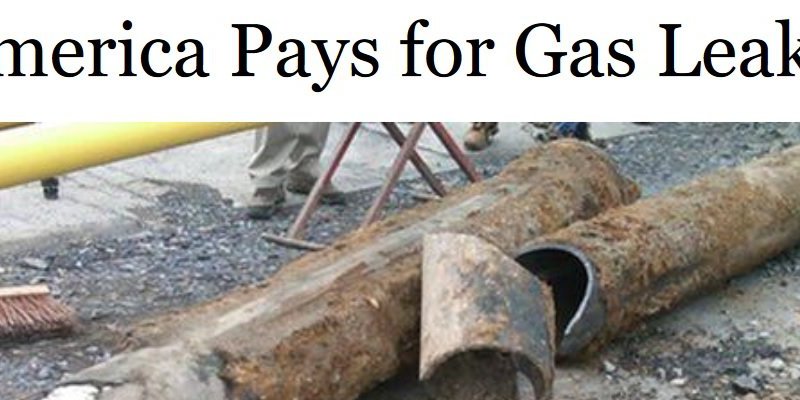
Natural gas leaks in Massachusetts cost millions and potentially risk lives - help us track them down.
Beneath Massachusetts streets, natural gas seeps from leaky pipes, and the utility companies who need to make up for lost product have been passing the costs onto the consumer. From 2000 to 2011, ratepayers were charged between $640 million to $1.5 billion in fees for unaccounted gas. Help us track down where the leaks are, and what - if anything - is being done to patch them up.